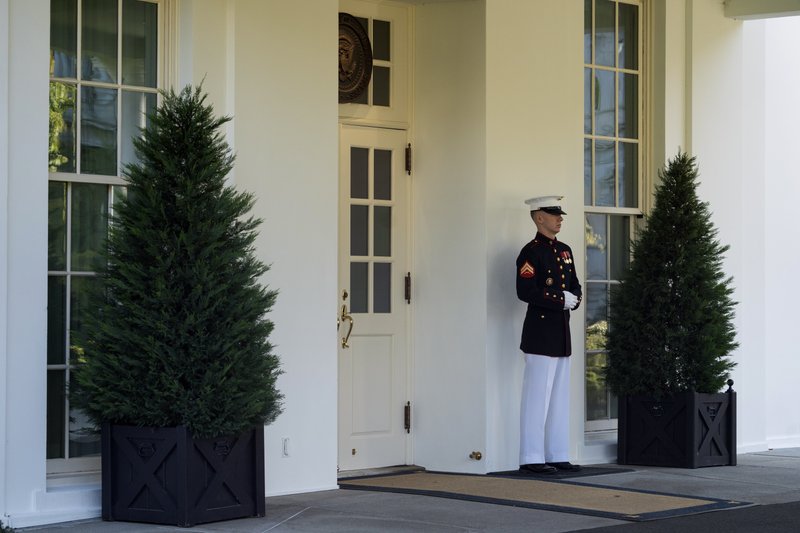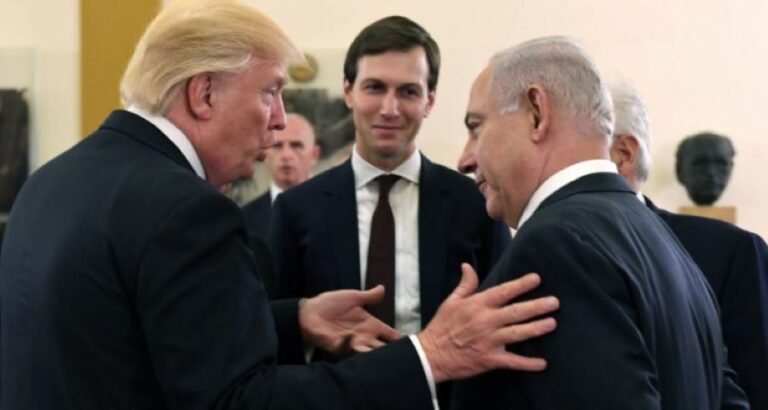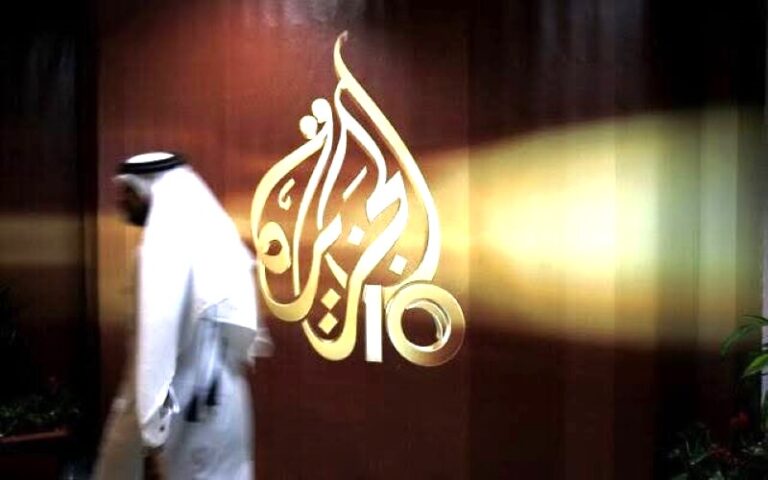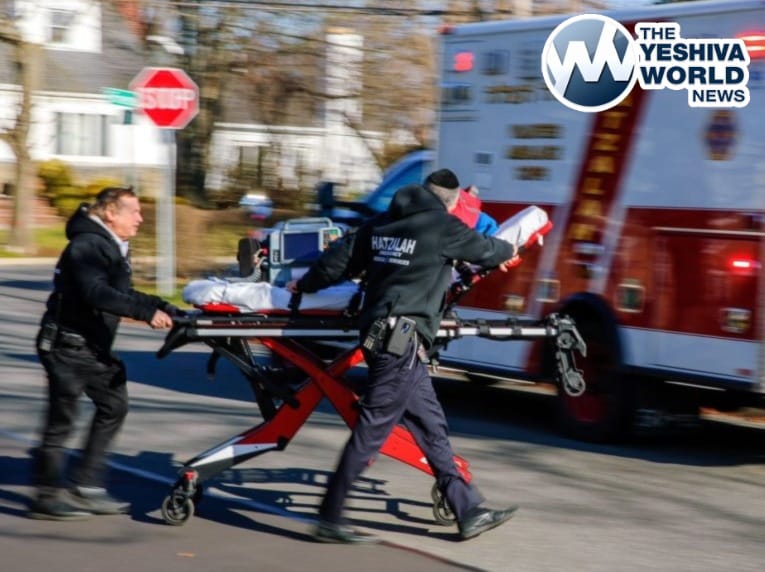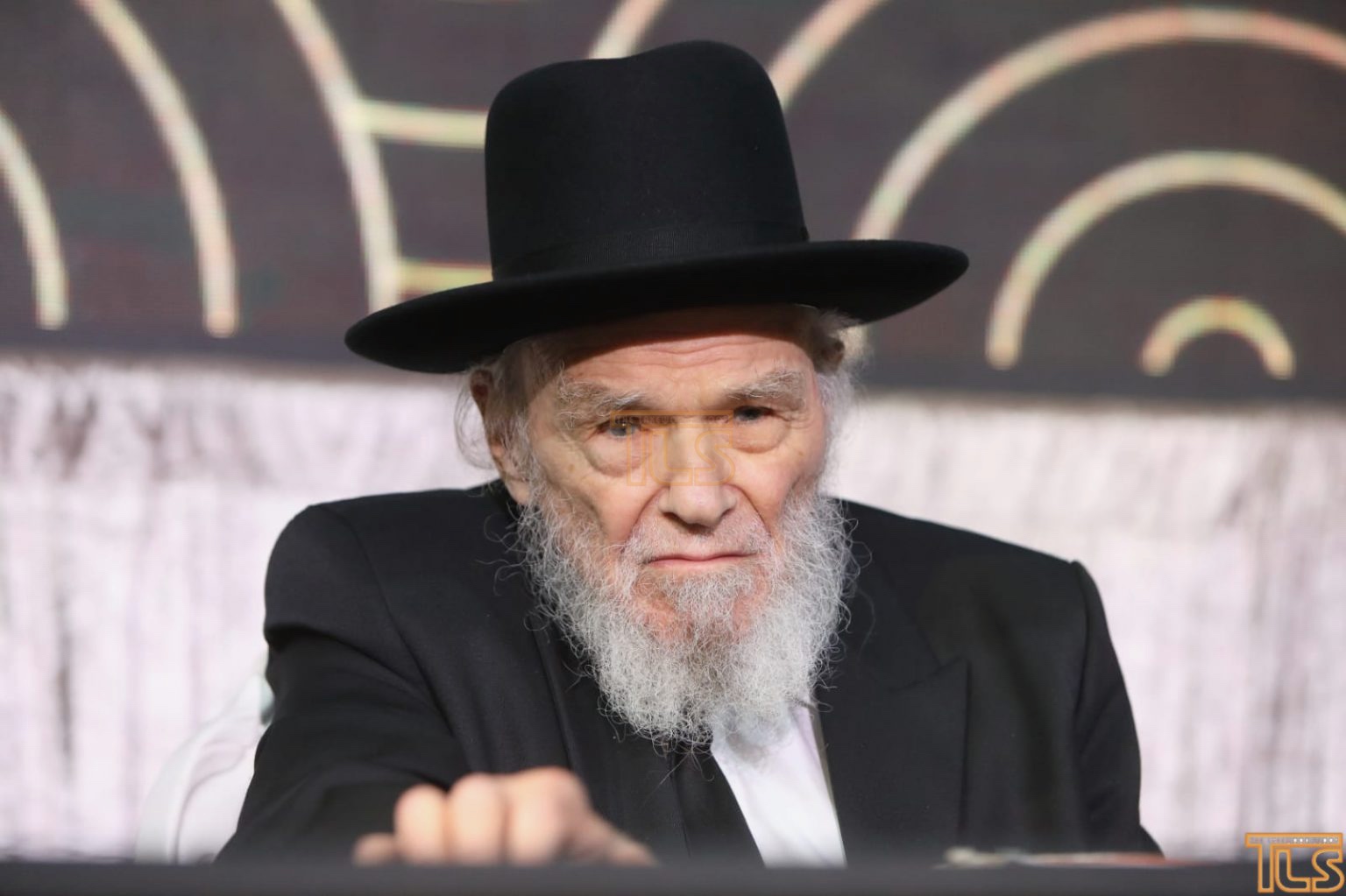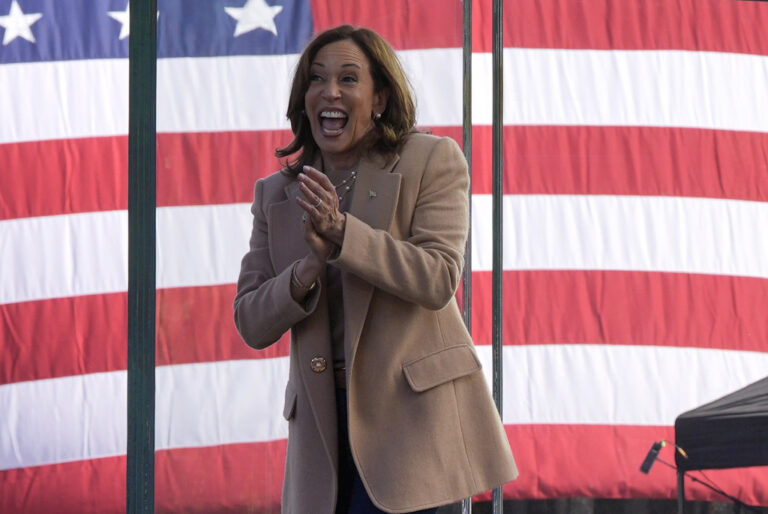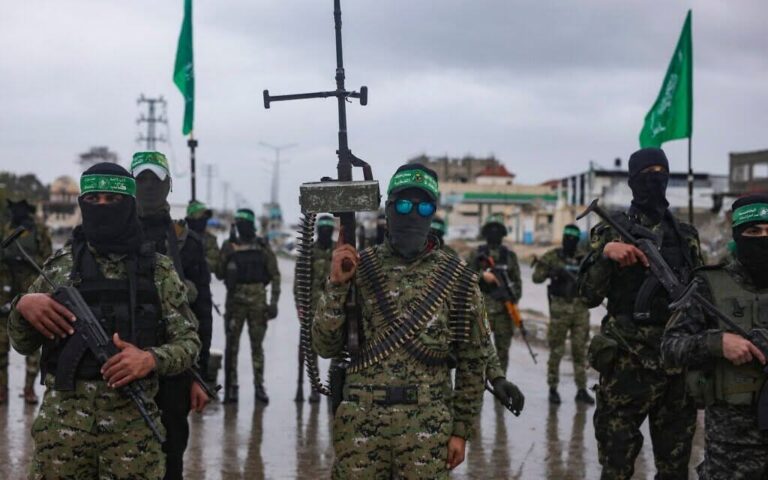President Donald Trump insisted Thursday that he is ready to resume campaign rallies and feels “perfect,” although questions persist about the course of his recovery from COVID-19.
One week after his diagnosis with the disease that has killed more than 210,000 Americans, Trump was aiming to shift his focus to the election that’s less than four weeks away, as millions of Americans are already casting ballots.
While Trump suggested he believes he’s no longer contagious, his doctor hasn’t provided a detailed update on his health since Monday, as concerns about infection appeared to scuttle plans for next week’s presidential debate.
“I’m feeling good. Really good. I think perfect,” Trump said during a telephone interview with Fox Business, his first since he was released from a three-day hospital stay to be treated for the disease. “I think I’m better to the point where I’d love to do a rally tonight,” Trump said, adding that he no longer thinks he’s “contagious at all.”
The White House provided no information to back up Trump’s claims. The Centers for Disease Control and Prevention says individuals can discontinue isolation 10 days after the onset of systems, which for Trump was Oct. 1 according to his doctors, suggesting he should not return to the road until Monday.
While reports of reinfection are rare, the CDC recommends that even people who recover from COVID-19 continue to wear a mask, stay distanced and follow other precautions.
Trump’s campaign and the White House were already drawing up plans for Trump to resume campaigning, eyeing a visit to Pennsylvania Monday and Michigan Tuesday ahead of what was to be next Thursday’s debate.
But the Commission on Presidential Debates announced that event would be held “virtually” in order to “protect the health and safety of all involved with the second presidential debate.” Trump swiftly rejected that offer, and his campaign later called on the commission to delay the final two debates by a week to alleviate concerns about an in-person contest.
Over the objections of some aides, Trump returned to the Oval Office on Wednesday, even though a workspace had been set up in the residence. Aides were discussing a potential photo op with the president at the White House either Thursday or Friday but plans had not been finalized, according to two White House officials not authorized to publicly discuss internal deliberations. Only a few senior aides, medical staff and security personnel have laid eyes on the president since he returned to the White House on Monday afternoon.
On Thursday, Trump continued to praise an experimental drug for the seemingly quick pace of his recovery. He called his diagnosis a “blessing in disguise” in the nation’s battle against the pandemic, saying his illness had shed light on an experimental antibody drug that he tied to his improved condition.
Seemingly sensitive to the fact that his treatment course has been far more comprehensive than the care received by average Americans, he promised to swiftly get the drug approved for broader use — and distribute it for free — even though he does not have the power to order that himself. He also held himself up as a model for other Americans to avoid letting the virus disrupt their lives, continuing a monthslong campaign to play down the threat of the pandemic.
Trump received an experimental antibody drug made by Regeneron through a “compassionate use” exemption, a recognition of the above-and-beyond standard of care he receives as president. The safety and effectiveness of the drug have not yet been proven. And there is no way for the president or his doctors to know that the drug had any effect. Most people recover from COVID-19.
“I had tremendous luck with this Regeneron,” Trump said during the interview.
It’s not the first time the president has trumpeted an unproven treatment. He spent months painting the anti-malarial drug hydroxychloroquine as a miracle treatment for the virus — taking a preventive course himself — even though experts have said it is not effective against COVID-19.
Dr. Sean Conley, the White House physician, said in a memo that Trump had been symptom-free for over 24 hours, and that his oxygen saturation level and respiratory rate were normal. The memo also said a blood test Monday showed Trump had coronavirus antibodies, substances that fight infection, but he had been given an experimental drug on Friday containing these.
Regeneron says it’s not possible for this type of blood test to distinguish between antibodies Trump’s body may be making and those supplied by the company’s drug. Most likely, the ones detected in the Monday test are from the drug, the company said.
Trump speculated that he caught the virus either at the Sept. 26 Rose Garden event announcing his new Supreme Court nominee or a meeting with military families late last month. He said family members often want to get up close to him and “kiss” and “hug” him.
“I can’t say ’Back up. Stand 10 feet” away, Trump said.
(AP)

